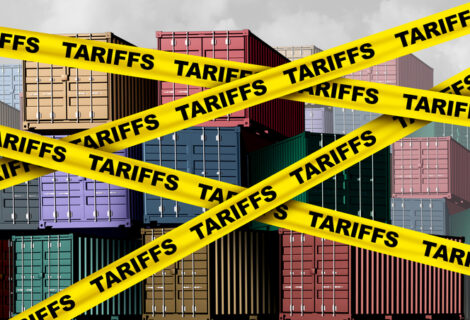Small Business Owner’s Guide to SBA Loans
SBA loans are actually issued by financial institutions such as banks rather than the SBA itself, and are exclusively made available to small businesses. Because the SBA will guarantee between 75% and 85% of the loan, there is a better chance of approval from a participating bank.
Eligibility
Small businesses which have been operating for at least two years, and which have their personal and business finances in good shape, are the kinds of candidates most often approved for SBA loans. Typically the SBA prefers to see the funds used for hiring employees, opening up a new business location, or for refinancing an existing loan.
Types of SBA loans
The most popular SBA loan is called the 7(a) loan, and it is used for equipment purchases, business expansion, or working capital, in amounts guaranteed up to $5 million. The 504 loan is also guaranteed up to $5 million, but must be used for land purchases, machinery, or facility expansion, and is processed through nonprofit organizations and lenders in the private sector. Microloans are guaranteed up to $50,000 and must be used toward working capital, equipment, inventory purchases, or business startup.
SBA disaster loans are guaranteed up to $2 million, and provide funding for small business owners who have been impacted by declared natural disasters.The SBA also has a financing program called the SBA Express, and the aim of this program is to provide financing for applications within 36 hours. To be eligible for this program, you must be seeking no more than $350,000 in loans, and your business and personal credit history must be excellent.
How to apply for an SBA loan
It’s best to begin the application process right at the SBA website, because that’s where you’ll find a checklist which will guide you through the whole process. Prior to filling out your application, you should gather together the following documents: business lease, personal income tax returns for the last three years, business tax returns for the last three years, business license, loan application history, personal financial statement, and SBA borrower information form. Then you can check with your SBA district office to find out which local lending institutions participate in the SBA program, and contact them about your loan requirements.
For any questions or to apply for a SBA loan, contact the professionals at JNI Commercial Lending today.




